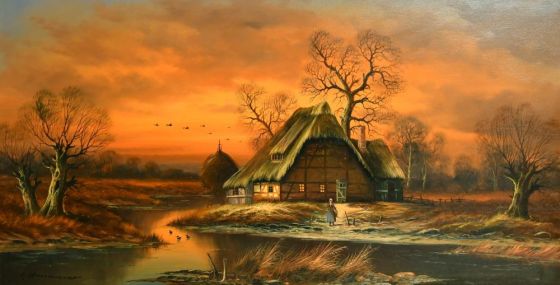Land Ownership
Land ownership is the fact of legal possession and control over property consisting of real estate, which may consist of physical land or buildings. Real estate may be gained, transferred or won in a bet, received as a gift or inherited. Importantly, land can also be found and homesteaded.
In a 17th century game world, during the process of homesteading land, said land is NOT owned. Ownership doesn't occur until it's acknowledged by authorities.
Unowned Land
In those map hexes that possess no coin symbols, the residents of the land are considered in the process of homesteading, effectively squatting on the land. Officially, these squatters don't "own" the land; but they are also outside the attention of authorities, who have minimal capacity to manage their own lands, due to a lack of resources or concern for "backcountry" parts of the realm. That said, homesteaders are subject to fees imposed by tax farmers.
Thus homesteaders are tolerated, until such a time as the development of these lands promotes a sufficient degree of economic interest. The tipping point comes when the hamlet in a type-5 hex reaches a level of development that it becomes a "village," at which point the locale advances in its accumulation of facilities and gains a coin through financial interest.
At this point, the local authorities become interested, acting to assess the land occupied by homesteaders, imposing a fee to certify ownership for the occupier, and then imposing taxes. The squatters become legal owners (unless disallowed for social or legal reasons), and therefore registered freeholders.
Anyone can homestead at any time, by simply finding empty land in any hex lacking a coin, building a house and proceeding to farm.
Land Credit
Under certain circumstances, land can be put up as a security for debts,
See also,
Mortgage
Property Tax
Rent
Seizure
Tallage
